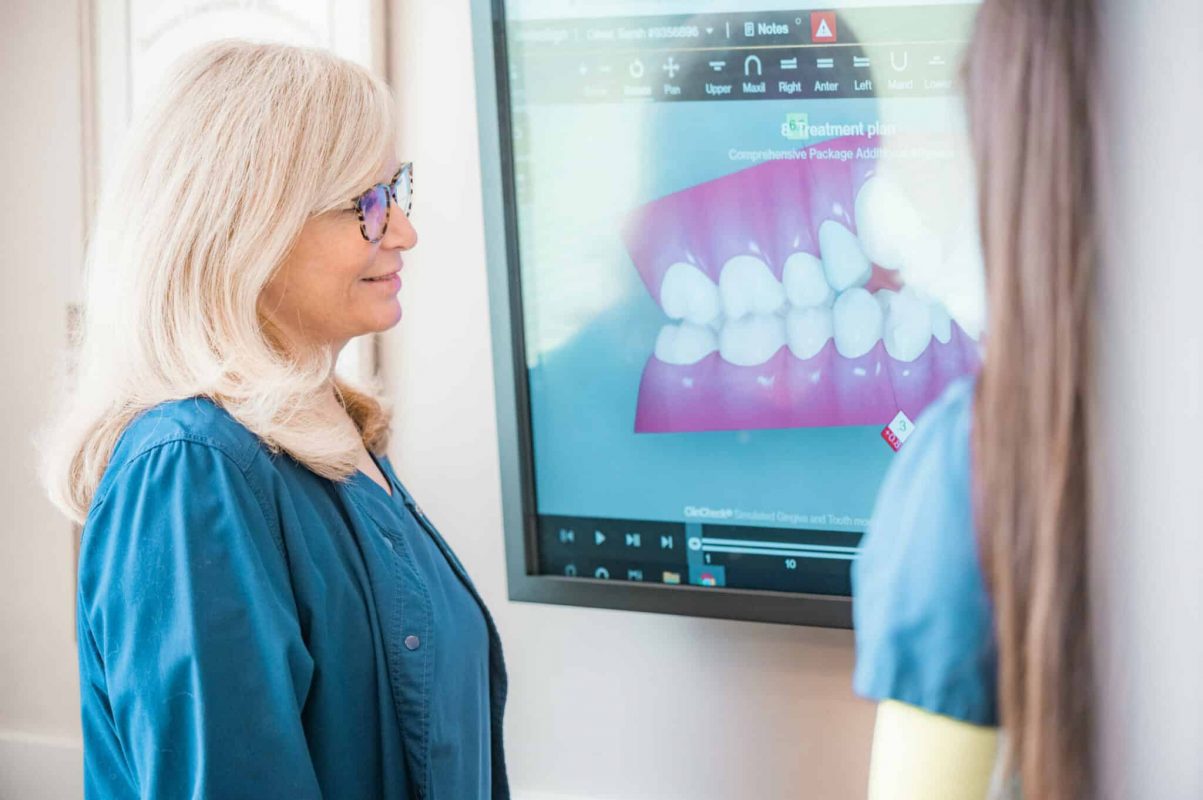When people think of braces, the first image that often comes to mind is a teenager with a mouthful of metal, navigating the challenges of adolescence with a straighter smile in the making. However, beyond the cosmetic benefits, braces offer a range of hidden health advantages that extend far beyond a straighter set of teeth. Here’s how braces can improve your overall health.
Enhanced Oral Health
The most immediate impact of braces is on oral health. Misaligned teeth can create pockets where food particles get trapped, leading to plaque buildup and a higher risk of gum disease and cavities. By straightening teeth, orthodontic devices make it easier to keep up with proper oral hygiene, reducing the likelihood of these oral health issues. This, in turn, contributes to overall well-being, as the health of the mouth is closely linked to that of the rest of the body.
Improved Digestion
The process of digestion begins in the mouth, where teeth play a crucial role in breaking down food into smaller, more digestible pieces. Teeth that are not aligned properly can hinder this process, making it difficult to chew food thoroughly. Braces correct the alignment of teeth, promoting better chewing and ensuring that food is properly broken down before it reaches the stomach. This can alleviate digestive issues and improve nutrient absorption, positively impacting overall gut health.
Speech Improvement
Speech is another aspect of our daily lives that can be influenced by the alignment of our teeth. Wonky teeth may contribute to speech impediments or difficulty pronouncing certain sounds. Braces work to correct these alignment issues, leading to improved speech clarity. This not only enhances communication but also boosts confidence and social well-being.
Prevention of Temporomandibular Joint (TMJ) Disorders
The temporomandibular joint (TMJ) connects the jaw to the skull and plays a crucial role in activities like chewing and speaking. Misaligned teeth can place strain on the TMJ, potentially leading to disorders such as TMJ dysfunction. By aligning the teeth properly, braces help distribute the forces exerted during chewing more evenly, reducing the risk of TMJ-related issues. This contributes to better jaw function and can alleviate associated discomfort and pain. If you are interested in undergoing orthodontic treatment, then reach out to a professional orthodontist like Dr. Walinder S. Dhol – DDS, MSc, FRCD(C).
Reduction of Headaches and Neck Pain
Poor dental alignment can contribute to muscle tension in the head and neck, leading to chronic headaches and neck pain. Braces address the root cause of these issues by correcting the alignment of the jaw and teeth. As a result, the strain on surrounding muscles is reduced, leading to a decrease in headaches and neck pain. This improvement in musculoskeletal health can positively impact overall comfort and quality of life.
Enhanced Confidence and Mental Health
While the physical benefits of braces are undeniable, the psychological impact should not be overlooked. A straighter smile often leads to increased confidence and improved self-esteem. This boost in mental well-being can have a ripple effect on overall health, influencing social interactions, professional success, and even stress management.









